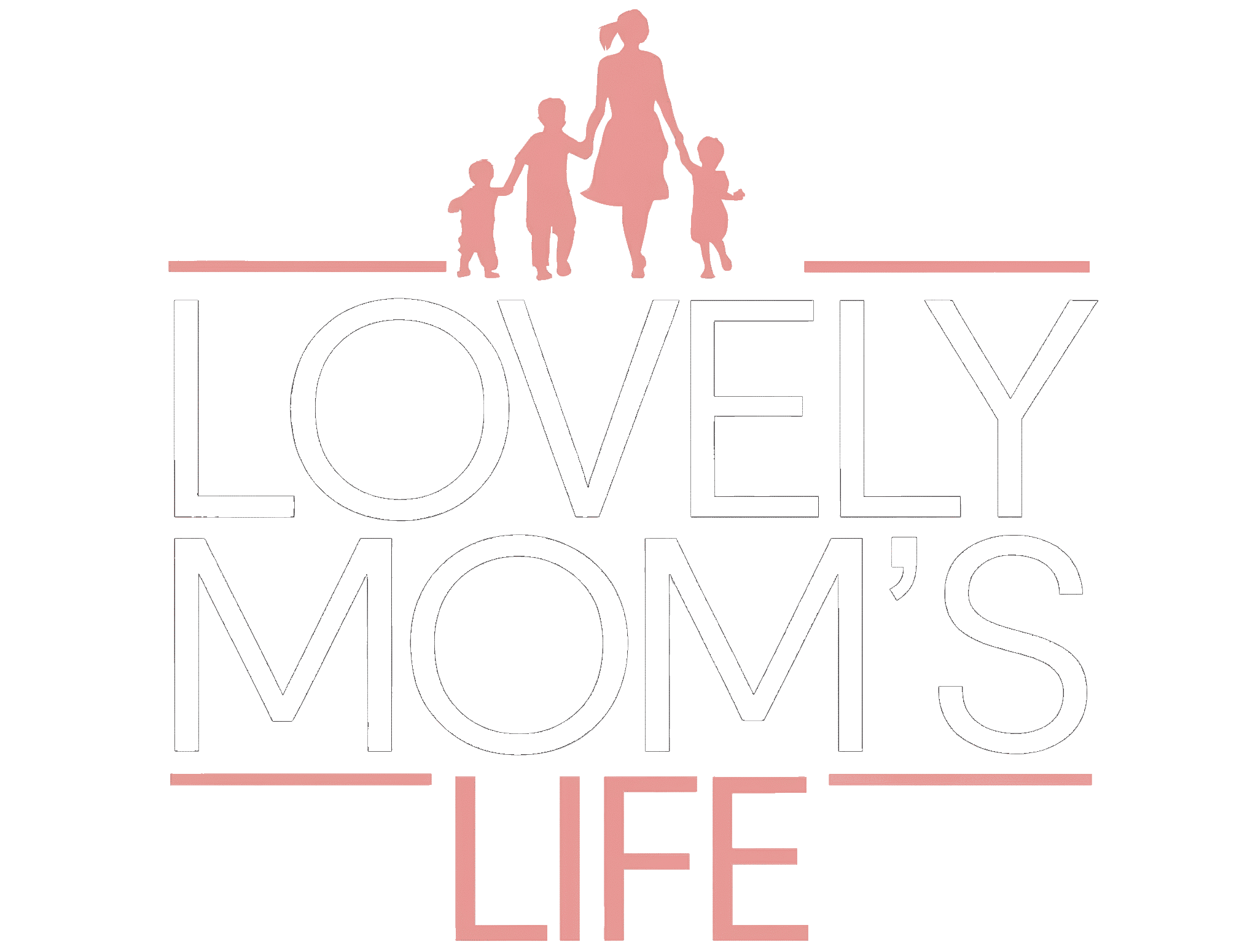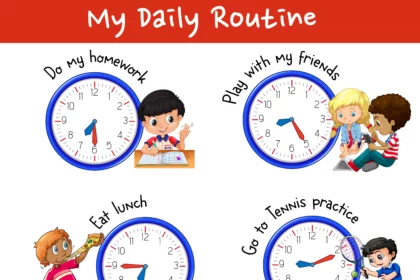Hi everyone! As a pediatrician, and a mom of two little girls, 4 and 8, I know how tricky the toddler years can be. It's a time when our kids are growing so fast and learning new things every day. They're also starting to show us who they are, and learning how to talk to us. Sometimes, this can be super fun, and other times, it can be a little tough.
One thing many of us moms deal with is hearing “no” a lot. It can be frustrating, right? I've been there too! Let's talk about why toddlers say “no” so much, and what we can do about it. We'll also talk about some other things they might say.
How Toddlers Learn to Talk
Did you know that babies start learning about language even before they're born? It's true! They can hear their mom's voice and start to learn the sounds of our language. This helps them learn to talk later on.
Around their first birthday, toddlers start to understand the names of things and people they know, like “mama,” “dada,” and “ball.” They might even say a few words. Between 18 months and two years, they learn lots of new words very quickly. It's like a light bulb turns on! They start to put words together, like “Mommy car” or “Me do it.” By age three, they can usually follow directions and use longer sentences.
It's Okay to Be Different
It is important to know that all children learn to talk at their own speed. Some might talk early, and others might take a bit longer. Things like how much we talk to them, and how they are as a person, can change how quickly they learn to talk. If you are talking to your child a lot, with many different words, it helps your toddler learn faster.
What Toddlers Say
We all know toddlers say “no” a lot! But they use other words too, to tell us what they need or want. Here are some examples:
- Words for being with others: “more,” “please,” “thank you,” “hi,” “bye-bye,” “yes,” “no.”
- Words for doing things: “eat,” “drink,” “go,” “stop,” “run,” “play,” “want,” “help.”
- Words for where things are: “up,” “down,” “in,” “out,” “here,” “there.”
- Words for describing things: “big,” “little,” “hot,” “cold,” colors (red, blue, etc.), “more,” “all.”
- Words for me and you: “me,” “mine,” “my,” “I,” “you,” “it.”
- Names of simple things: “ball,” “book,” “car,” “baby,” “cookie,” “milk.”
- Simple everyday sentences: “Good morning”, “Let's go”, “Close the door”
When toddlers learn more words, they start putting them together. By age two, many can say about 50 words and short phrases like “more milk.”
Why Do They Say “No” So Much?
“No” is a big word for toddlers. It's one of the first words they use to show us what they want (or don't want!). Here's why they use it so much:
- They're learning who they are: Toddlers are starting to understand that they're their own person. They want to make their own choices. Saying “no” helps them do that.
- They're testing us: Toddlers want to know what they can and can't do. Saying “no” helps them see what will happen.
- They can't always say what they mean: Sometimes, they say “no” because they don't know how to say what they really feel.
- They want to be in charge: Toddlers don't have much control over their lives. Saying “no” can make them feel a little more in charge.
- They're feeling big feelings: Toddlers have lots of feelings, but they don't always know how to handle them. Saying “no” can be a way to show they're upset.
- They only see two options: Sometimes, toddlers say “no” because they think there are only two choices: what we said, or the opposite.
How to Talk to Your Toddler
Talking to toddlers takes time and understanding. We need to be patient! Here are some things we can do:
- Listen carefully: Watch your toddler's face and body. Try to understand what they mean, even if they don't say it perfectly.
- Show you hear them Repeat back to them what they're saying. If they say “no shoe”, you could say ” Oh you do not want to wear your shoes?.”
- Keep it simple: Use words and sentences they can understand. Give short directions.
- Give them choices: Instead of saying “Get dressed,” ask “Do you want the red shirt or the blue shirt?”
- Talk about feelings: Help them understand their feelings. You can say, “I see you're feeling angry.”
- Praise good things: When they do something good, tell them! Instead of saying “Don't throw toys,” say “Thank you for putting your toys away.”
- Be the same every time: If you say “no” to something one day, say “no” the next day too.
- Be patient: Remember, they're still learning. Their brains are growing, and they learn new things every day.
- Be quiet. Sometimes, the best thing you can do when your toddler is not behaving is to be quiet and give your toddler time to calm down.
Other Things Toddlers Do
Besides saying “no,” toddlers might do other things that are hard for us. They might have tantrums, not want to eat certain foods, hit, or bite. These things are often normal. They're learning about the world and how to handle their feelings.
Here's what we can do:
- Tantrums: Stay calm and make sure they're safe. Don't give them what they want during a tantrum. Help them understand their feelings by saying, “I see you're very angry.”
- Picky eating: Keep offering healthy foods. Don't force them to eat. Make mealtime fun.
- Hitting and biting: Tell them clearly that hitting and biting are not okay. Show them other ways to show they're upset, like using words. Help them understand that hitting hurts.
- Sleep problems Try to make sure your kid goes to sleep at the same time. Make it cozy and avoid struggles.
- Head banging: If they're not hurting themselves, try to ignore it. Give them other ways to calm down, like a hug.
- Hands in pants: They are learning about their bodies. Do not make them feel bad about it. Show them they should only touch themselves in private.
- Picking their nose: Do not make a big deal out of it. Teach them to use a tissue.
Why Talking is So Important
Learning to talk well helps toddlers in many ways. It helps them:
- Tell us what they need and want.
- Make friends.
- Understand and talk about their feelings.
- Learn and solve problems.
- Get ready for school.
If toddlers don't learn to talk as quickly, it can make school harder later on. That's why it's so important to help them learn.
How to Help Your Toddler Learn to Talk
We can do a lot to help our toddlers learn to talk. Here are some ideas:
- Talk a lot: Talk to them all the time. Tell them what you're doing. Ask them questions. Use everyday moments to teach them new words.
- Read together: Read to them every day. Point to the pictures and talk about them. Let them choose the books and turn the pages.
- Sing and rhyme: Singing and saying rhymes helps them learn the sounds of language. It's also fun!
- Play games: Play games like “I Spy” that help them learn new words and follow directions.
- Use your hands: When you say a word, show them what it means. If you say “jump,” jump up and down!
- Be patient and listen: When they try to talk, listen and encourage them. This helps them want to keep learning.
- Make it all about language: Talk to them, read to them, sing with them, and give them books.
Conclusion
The toddler years are a special time. Yes, hearing “no” all the time can be hard. But it's important to remember that it's a normal part of growing up. By understanding why they do it, and by talking to them in ways they understand, we can help them learn and grow.
I know that it is easier said than done!
It's not always easy, but it's so worth it. When our toddlers learn to talk, they can share their world with us. By helping them learn, we help them become happy, confident little people. Remember to enjoy this time, celebrate the small steps, and be patient. We're all in this together!











